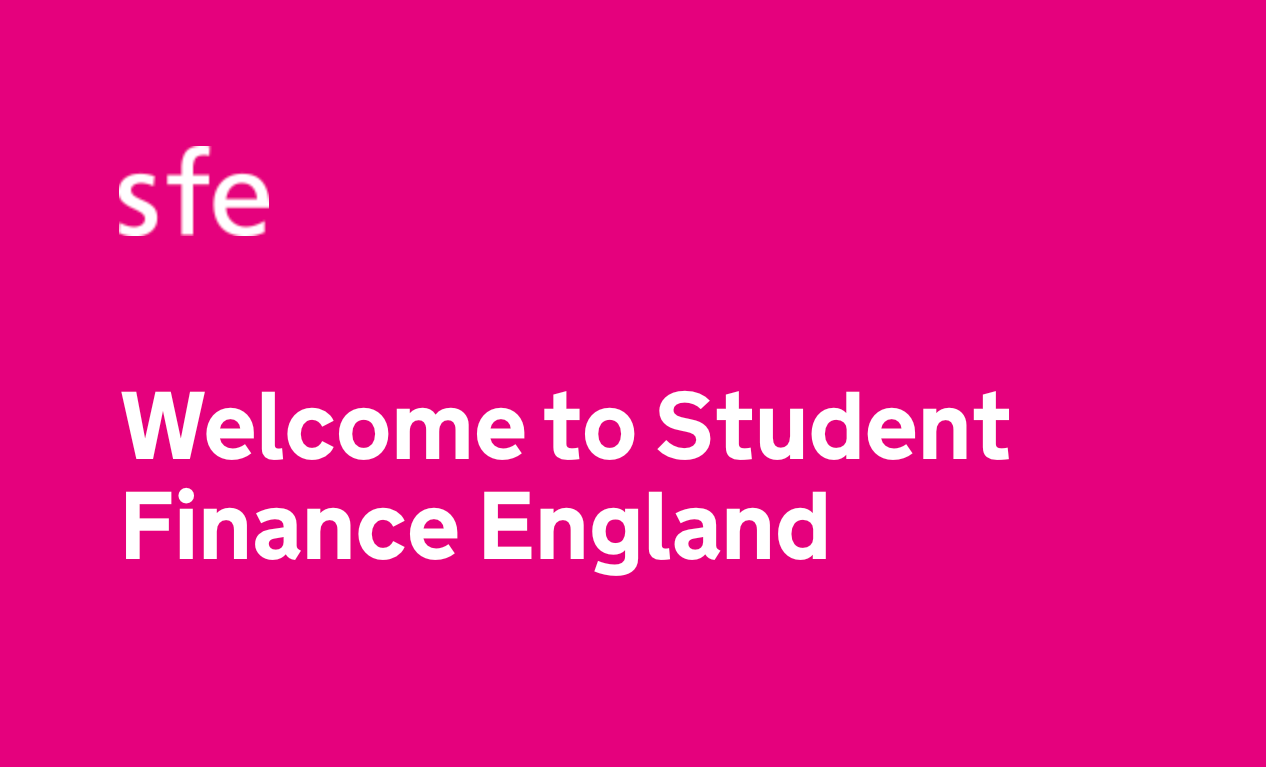By Emilia Driver, Third Year, Politics and German
A 2021 government survey revealed that around 5% of University students in England reported having a cognitive or learning difference, such as ADHD or dyslexia.
Diagnoses of ADHD have been on a consistent upwards trajectory over the last two decades. In response to this trend, educational institutions must ensure that there are systems in place that allow those with learning disabilities to have the same opportunities as those who benefit from current teaching systems, which are modelled on neurotypical learning styles.
The development of apparatus to identify and aid educational equality is especially important in institutions of higher education. Epigram interviewed three students with learning disabilities to learn about their experiences at the University of Bristol.
One student said that ‘Most people I know [with a learning disability] have been diagnosed since coming to university.’
'The focus should be on removing disabling barriers rather than thinking that the ‘problem’ is caused by the student’s condition.’
Disability Rights UK emphasises the prevalence of barriers within the education system, and the importance of dismantling them:
‘It should be borne in mind that ‘disability’ only arises when students have to interact with inaccessible courses and education institutions. The focus should be on removing disabling barriers rather than thinking that the ‘problem’ is caused by the student’s condition.’
This idea of catering to learning differences rather than making exceptions for them is in direct contrast to the UK education system’s ‘one size fits all’ approach.
ADHD diagnosis disclosures among Cambridge students have almost doubled in four years, as the University has warns against “stigmatising mental health and neurodiverse conditions" https://t.co/5Hc5SEFIB7
— Varsity (@VarsityUK) December 16, 2023
At the University of Bristol, efforts are made to support students with learning disabilities through study support plans provided by the Disability Support Services. These services are an encouraging indicator of the university’s flexible and inclusive approach towards learning disabilities.
However, some students have reported instances where services are lacking. One student — who was interviewed by Epigram — was diagnosed with a learning disability four weeks prior to their exams, but was told they would not be able to receive a study support plan due to late notice and instead had to undergo the process of applying for extenuating circumstances.
The university has also recently changed the circumstances under which students can apply for extensions, now requiring the request to be submitted more than 48 hours before the deadline. The students interviewed by Epigram stated that this indicates a lack of support for students with learning disabilities such as ADHD, which affects time perception and executive function, and fails to account for the needs of these students who are unable to adhere to strict deadlines.
Despite these shortcomings in the university system, students have praised the support provided on an individual level by Bristol university tutors and lecturers, with one student stating that ‘Once I told my tutors about my ADHD the support has been amazing.’
Whilst this praise demonstrates a positive shift for students with learning disabilities, they continue to encounter numerous additional challenges in comparison with their neurotypical classmates. When in discussion with Epigram, many neurodivergent students reported academic insecurity due to outdated stereotypes and misconceptions of learning disabilities being inherently linked to intelligence. These stereotypes come from a lack of education about learning disabilities and a subsequent lack of understanding. One student explained:
‘People don’t understand what ADHD actually is, especially what it means for girls.’
'At the worst of my disorganisation I was wearing the same clothes for weeks': The student experience of ADHD
‘You are often alone in trying to navigate a space that was not built for you’ | Is university accessible enough for disabled students?
Gender disparities in diagnosis further compound these challenges, with men being diagnosed more frequently and earlier in life. Earlier diagnosis often allows men to establish better coping mechanisms, which in turn means they may find university comparatively easier than women who are newly diagnosed and struggling to come to terms with having a learning difficulty. Thus there is a pressing need for more aid for women in terms of identifying, and supporting those with these conditions.
At the University of Bristol, support systems such as UOB Disability and Accessibility Network and the UOB Neurodiversity Society aim to provide students with such support and improve learning systems within the university community.
These initiatives are positive steps towards creating a more inclusive and supportive environment for students with learning disabilities, although there remains much to be done.
Featured Image: Epigram / Dan Hutton
How can the university improve the experience of its neurodivergent students?






